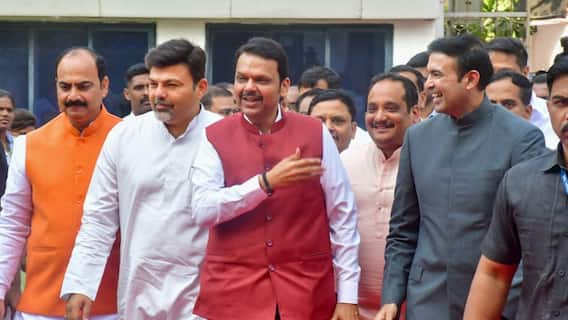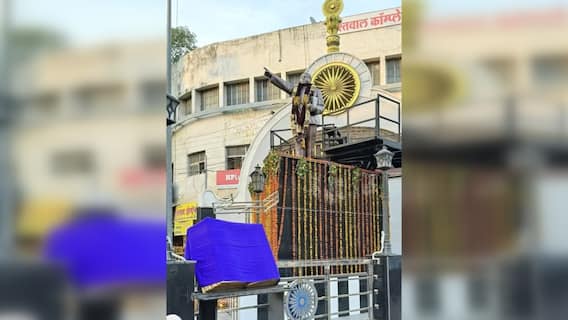Govt Working On New Law To Govern Space Sector: Union Minister Jitendra Singh
Singh said India's maiden human spaceflight programme -- Gaganyaan -- was also progressing well and the first uncrewed mission was expected to be launched early next year.

The government is working on a new law to govern the space sector which has witnessed reforms over the past four years with private players making a mark in building and launching satellites, Union Minister Jitendra Singh said on Wednesday.
Singh said India's maiden human spaceflight programme -- Gaganyaan -- was also progressing well and the first uncrewed mission was expected to be launched early next year.
"We are working on that," the minister of state in the Prime Minister’s Office (PMO) told a press conference here in response to a question on the timeline for the space activities bill, which would grant statutory cover to the reforms in the sector.
Singh said the government had announced space sector reforms in 2020 with the aim to increase India's share in the global space economy.
"Indian Space Policy was released in April 2023 as an overarching, composite and dynamic framework to implement the space reform vision approved by the Union Cabinet," he said.
The minister said there has been an exponential increase in the space sector start-ups and two private sector companies have already undertaken sub-orbital flights.
"Several other start-ups have significantly progressed towards launch vehicle and satellite development and space applications," the minister said.
Singh said the number of space sector start-ups have gone up, from just one in 2014 to around 266 in 2024.
He said the government had also created Indian National Space Promotion and Authorization Centre (IN-SPACe), under the Department of Space, which has been functioning as a single window agency to promote, regulate and authorise the space activities of non-governmental entities.
Singh said Prime Minister Narendra Modi has also set a target for India's space sector to undertake the Gaganyaan mission to create the first module of the Bharatiya Antariksh Station, Chandrayaan-4 to bring back samples of lunar rocks, launch a mission to study Venus and build the next generation launch vehicle.
(This report has been published as part of the auto-generated syndicate wire feed. Apart from the headline, no editing has been done in the copy by ABP Live.)
Trending News
Top Headlines






































